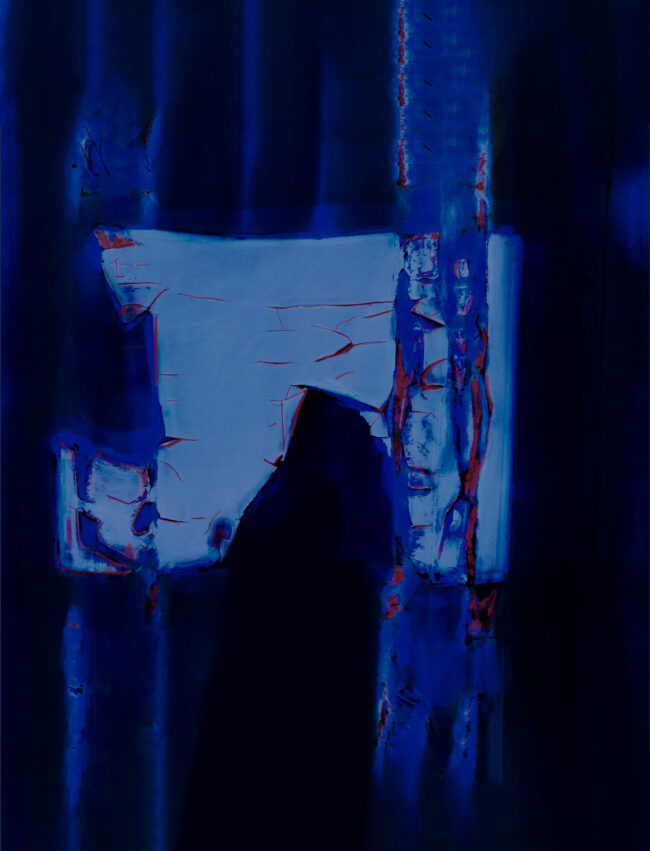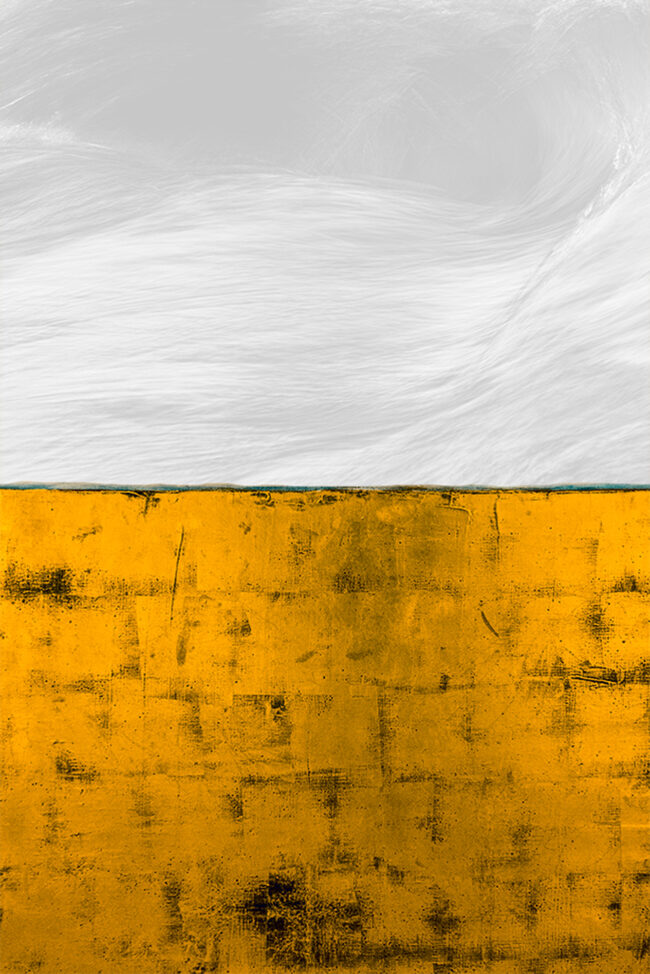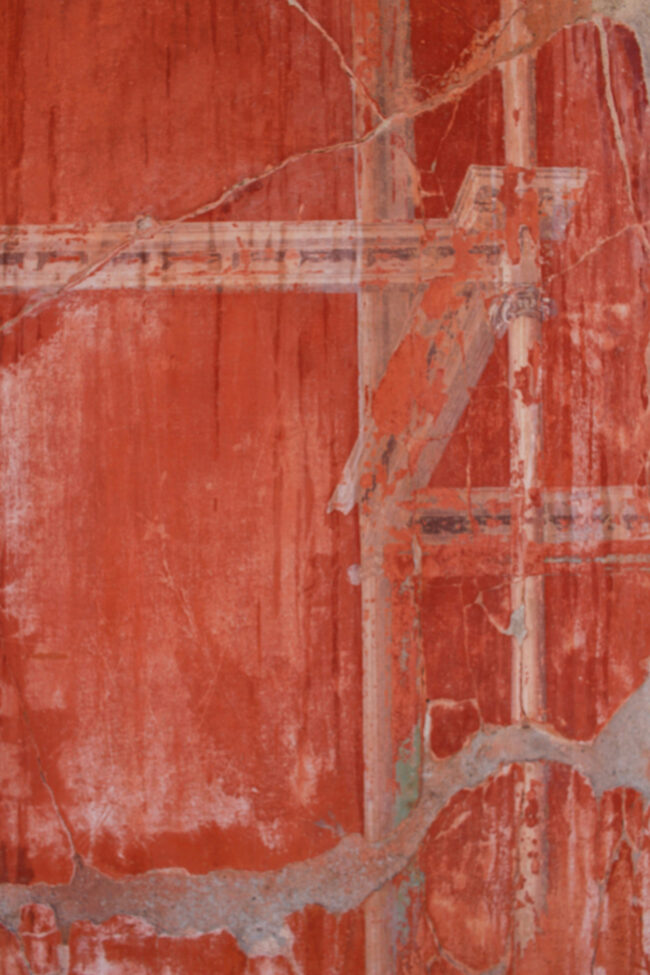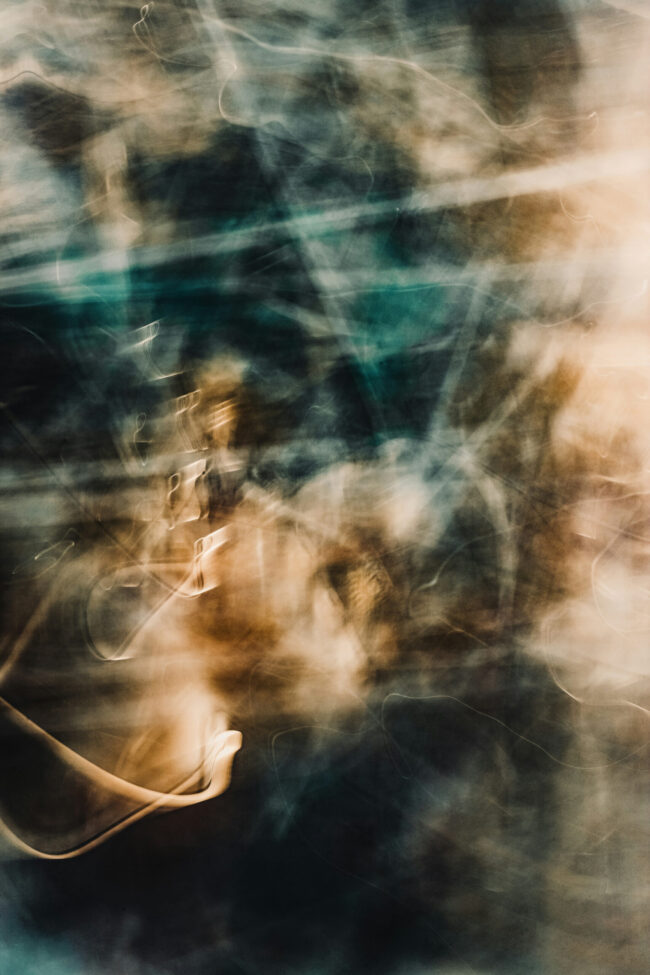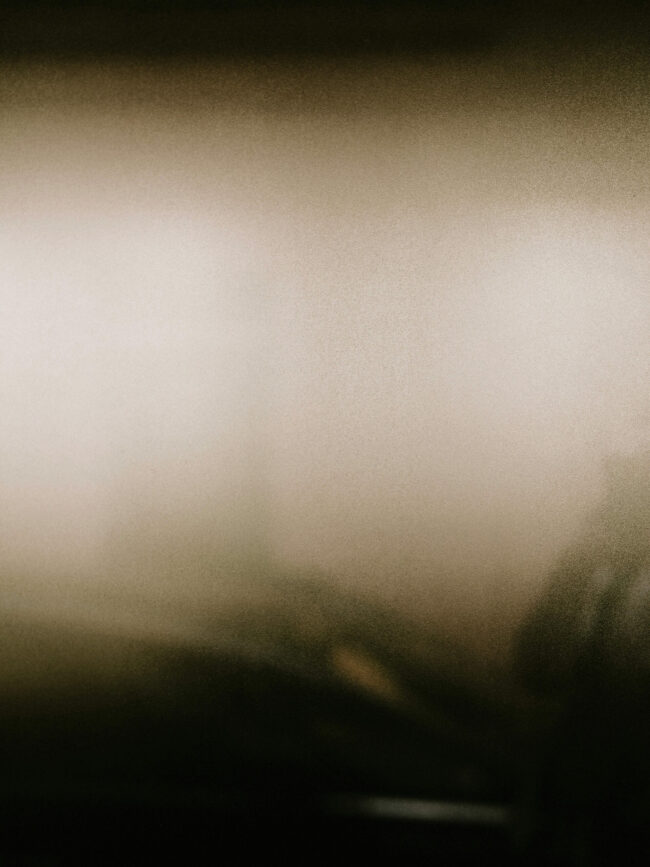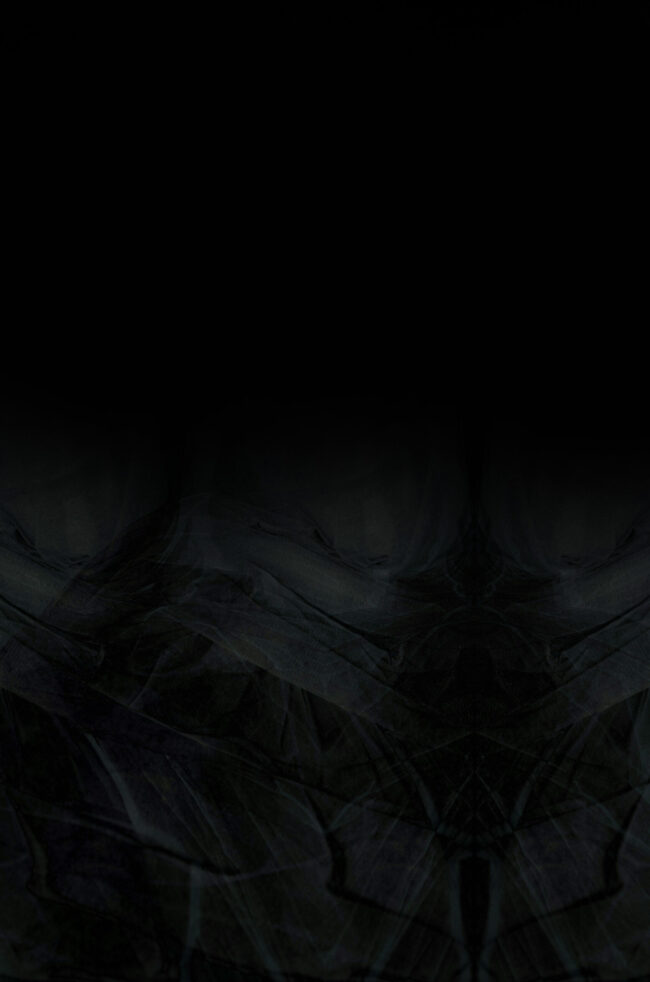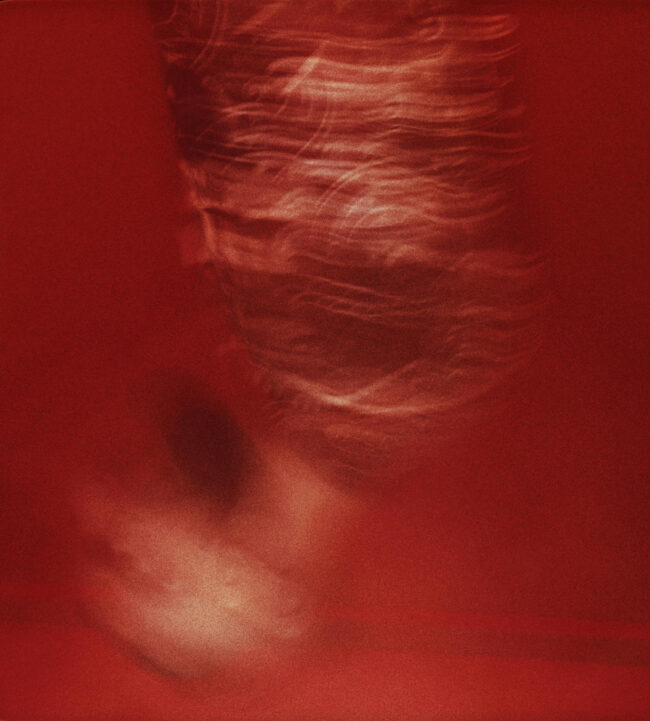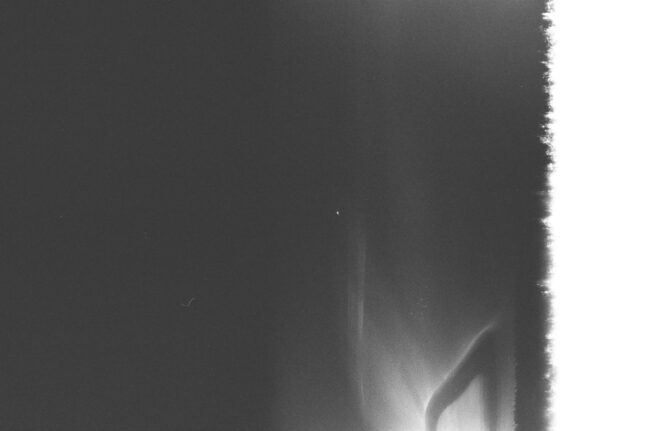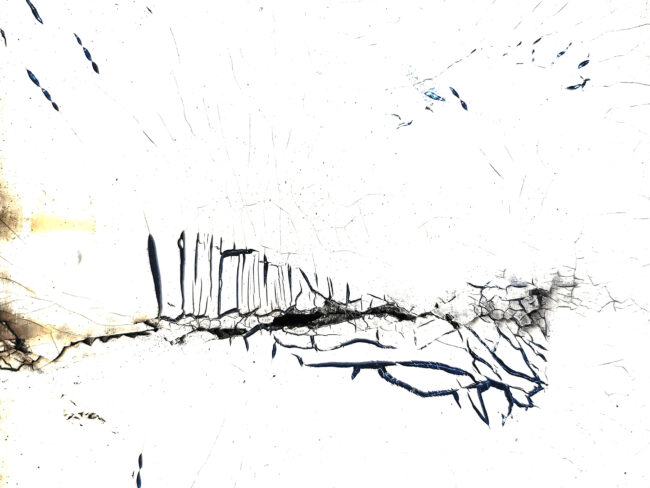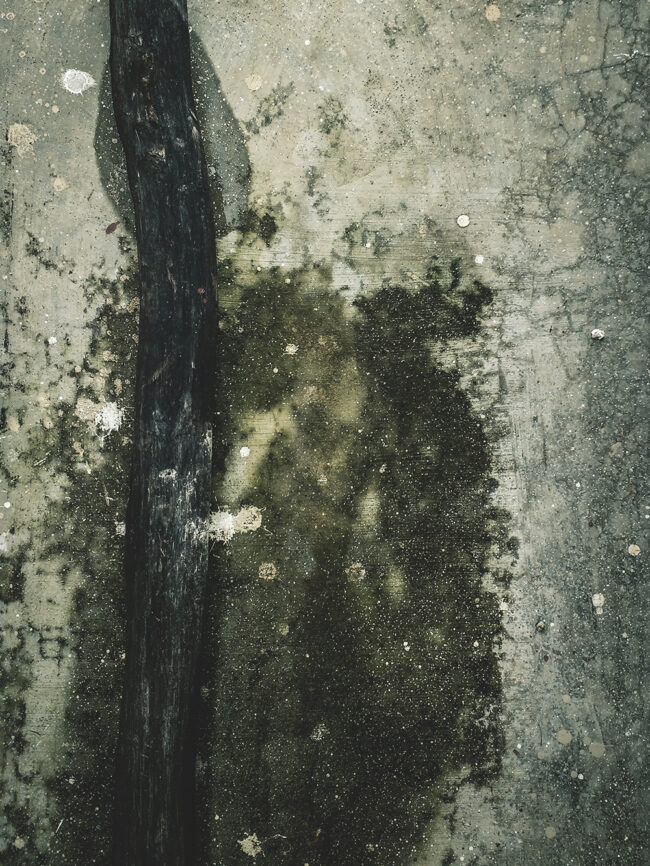Free Radicals by Max Beshers
I’m in my own process of trying to find my way through this. My earlier attempts at activism were hampered by how I related to my own identity, which went something like this: I’m here as a white person to reckon with the harms that white people have done, but if whiteness is bad, how could I possibly do anything good?

